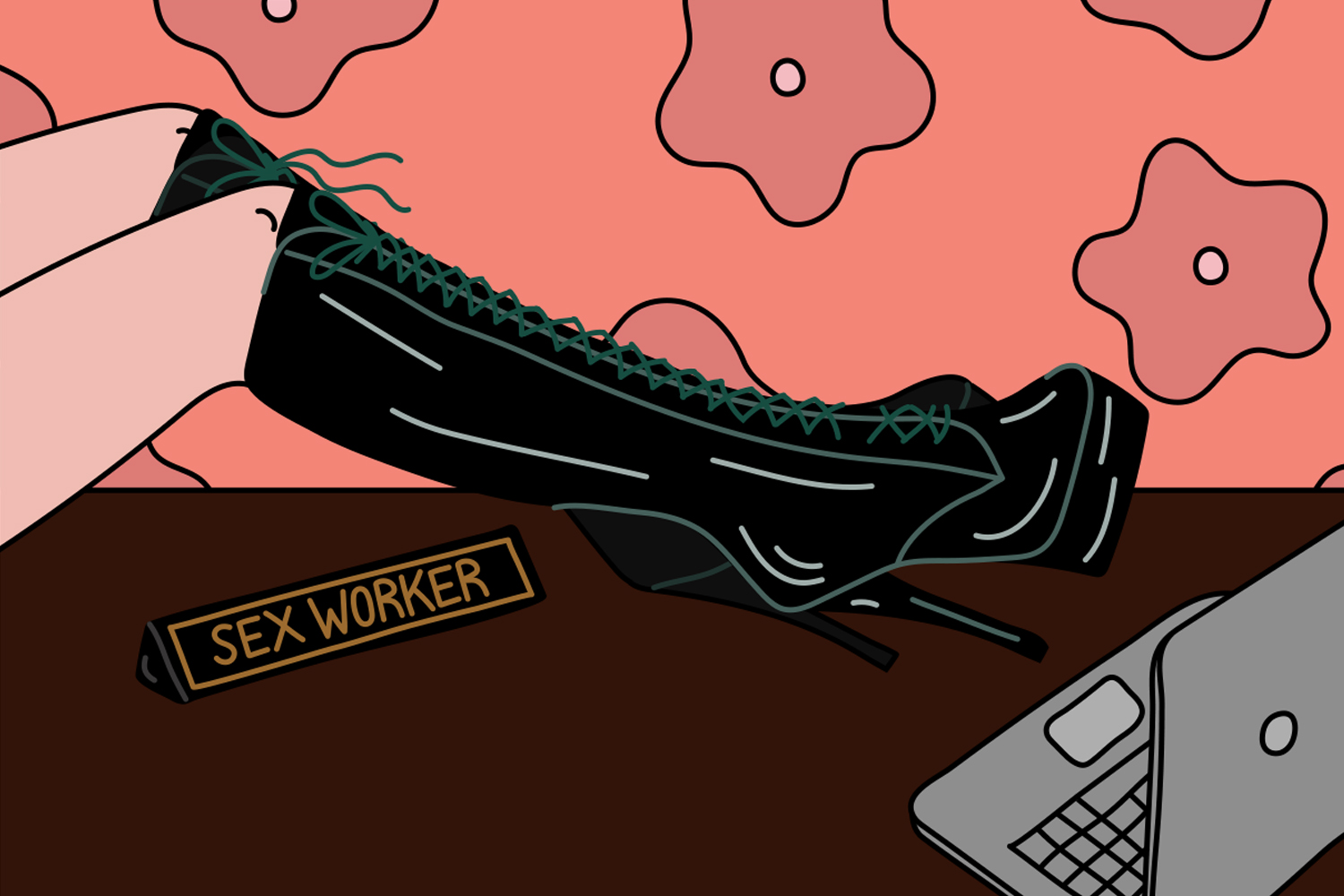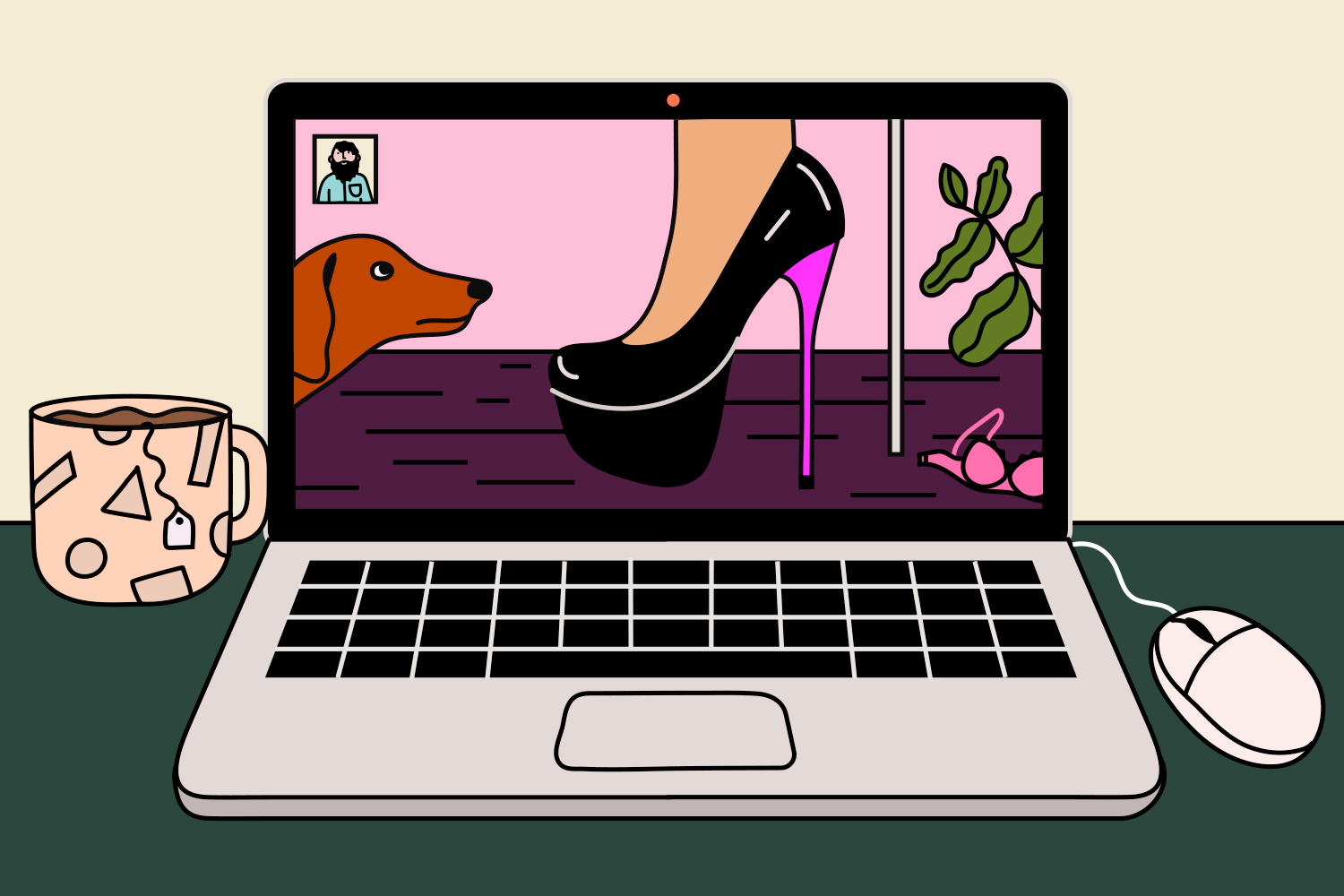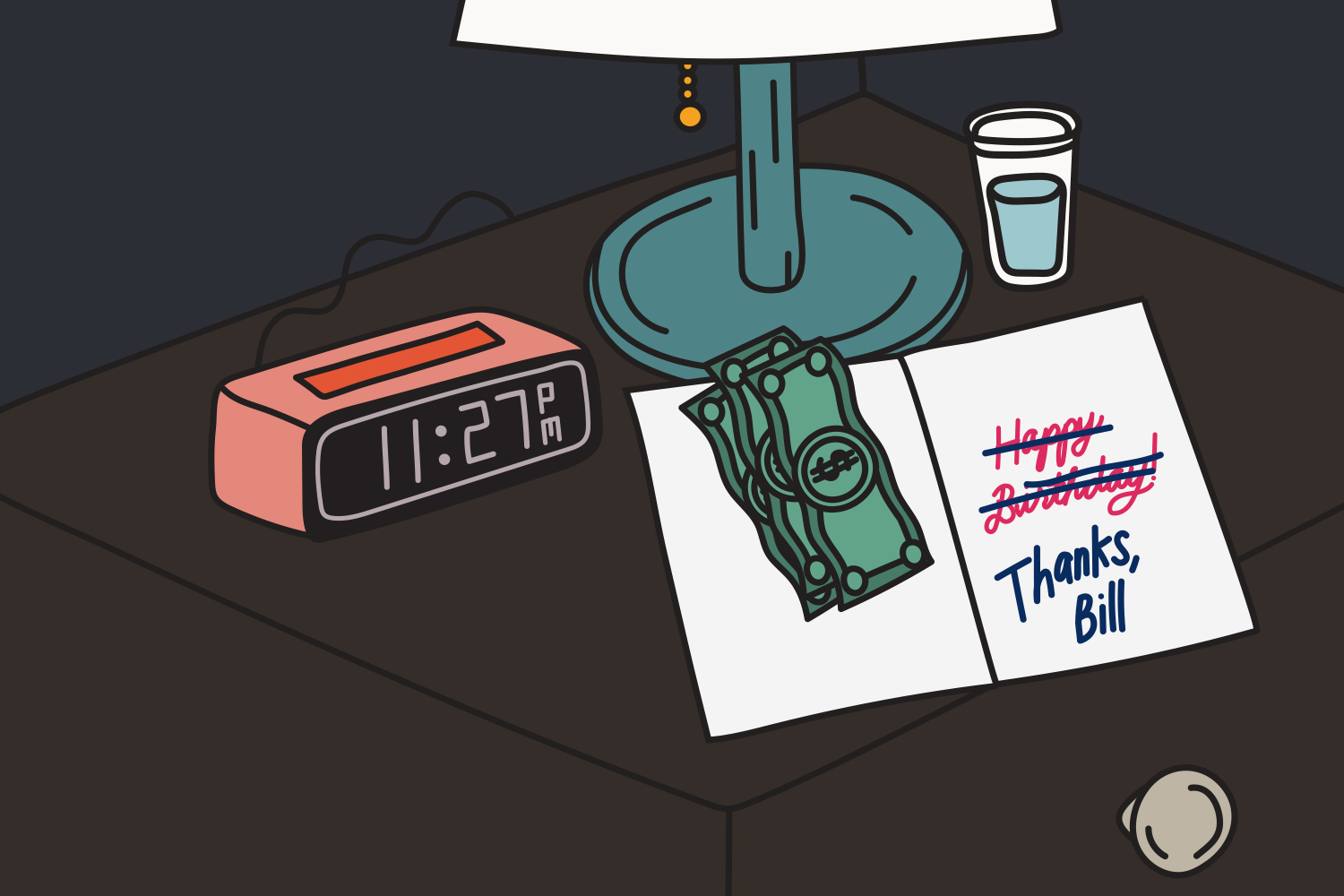Last month, Mia Khalifa’s name ended up back in the spotlight, years after the former porn performer — whose name was once among the top-searched on Pornhub — left the sex industry in 2015. The star has since gone on to pursue careers in sports journalism and mainstream acting, including a recent appearance on Season 2 of the Emmy Award-winning Ramy, but her three-month stint in porn has remained a topic of controversy among sex-work supporters and abolitionists alike.
Khalifa, who opened up about her negative experience in the porn industry in an interview last summer, began trending on social media again last month after expressing further regret about her brief career in porn. On Twitter, Khalifa urged other women thinking about entering the porn industry to rethink the decision, warning that the industry makes it “impossible to rectify your regrets should you have them in the future.”
Khalifa’s vocal regret about her short-lived porn career and allegations of exploitation within the industry have sparked controversy, particularly — and unsurprisingly — from the corporations she has accused of exploiting vulnerable women. Earlier this month, porn producer BangBros launched a campaign to discredit Khalifa, setting up a website dedicated to countering the former star’s “false, deceptive, and misleading statements” about her time in porn.
But while Khalifa’s claims remain disputed, her commentary on problems in the porn industry is not without supporters from within the industry itself. Many sex workers and allies recognize that certain sectors of the industry, especially ones run by large corporations, do indeed foster toxic and exploitative cultures. That’s why, in recent years, many feminist, sex-positive discussions of porn have centered on the importance of seeking and consuming ethical porn.
However, many sex workers have also taken issue with the ways in which Khalifa has chosen to speak about her experience in the industry, as criticism like Khalifa’s coupled with vocal expressions of regret from a former sex worker can fuel whorephobic rhetoric often used by sex-work abolitionists seeking to paint all sex workers as victims of an inherently degrading and exploitative practice. This sweeping mischaracterization erases the experience of consensual sex workers, further endangering an already marginalized population.
“It’s important to acknowledge the diverse experiences of people in the sex industry,” one current sex worker, who asked to remain anonymous, tells InsideHook. “Exploitation exists in this industry — just like every industry — and if Mia feels she’s been exploited she has every right to speak on that.”
“However, she doesn’t have the right to speak for the entire industry, especially as someone who was only in the industry for three months,” she continues, adding that Khalifa’s regret-laden attempts to distance herself from her past in porn “reads like an altered form of whorearchy,” a term used to describe a problematic construct within the sex industry that attempts to organize different kinds of sex workers into a hierarchical ranking of moral superiority, with higher “status” often granted to sex workers perceived to have the greatest distance from their clients or from the industry itself.
“If there is legitimately exploitation in an industry the solution is never to take away rights from the workers,” she continues, adding that voices like Khalifa’s enable “whorephobic people to use her as a spokesperson.”
So where does all this leave you and I, sex-positive supporters of sex work and sex workers who also want to be wary of supporting potentially toxic practices within the industry?
The good news is, you can both support Mia Khalifa’s right to share her lived experience as she sees fit and acknowledge that the sex industry — again, like all industries — may be subject to dubious ethics without adopting whorephobic beliefs that demean and victimize sex work and sex workers as a whole.
The best thing you can do to continue supporting sex work and sex workers without fueling insidious parts of the industry is to do so directly through subscription platforms like OnlyFans, which have seen a significant increase in popularity in recent months. As various sex workers and allies have pointed out amid the ongoing Mia Khalifa drama, such platforms allow consumers to directly support consenting performers and creators in the sex industry without contributing to the potentially problematic practices of larger corporations like Pornhub.
“Onlyfans is exactly what girls should be doing to NOT be abused by the system like Mia Khalifa was, to control their own content and income,” wrote one Twitter user in response to a since-deleted tweet from another, who attempted to argue that Khalifa is an example of why young women should avoid the growing OnlyFans trend.
“Want ethical porn? Pay for someone’s OnlyFans. Buy some clips on ManyVids. Tip a cam model,” wrote erotic performer and pro domme Jessica Starling in another recent Twitter thread. “The only ethical porn is the porn you pay for.”
Does this guarantee that we will not one day, down the line, find out about shady goings on at OnlyFans HQ? No, we very well may. But for the time being, the rise of such subscription-based platforms has made it easier than ever to find and directly support quality, ethical erotic content created by consenting adult sex workers who are earning money for their work.
Navigating the discourse surrounding the sex industry from an outsider’s perspective can be understandably confusing at times, but it all starts with simply respecting sex work and sex workers. So remember: sex work is work and sex workers are workers, not victims. Respect them, whether you personally engage with their work or not, and pay them if you do.
Whether you’re looking to get into shape, or just get out of a funk, The Charge has got you covered. Sign up for our new wellness newsletter today.

















